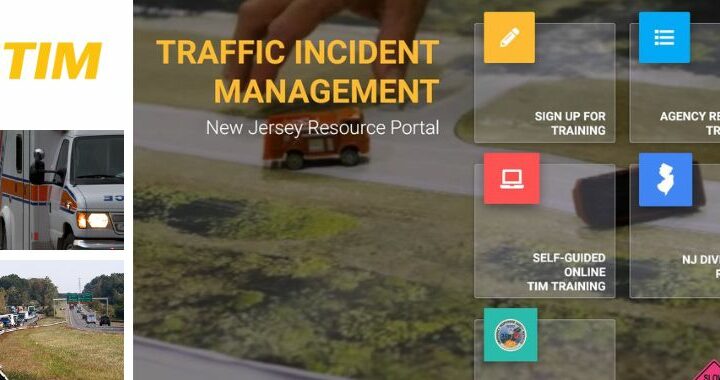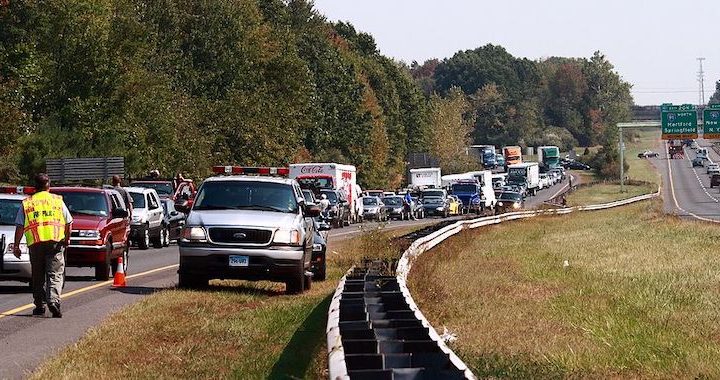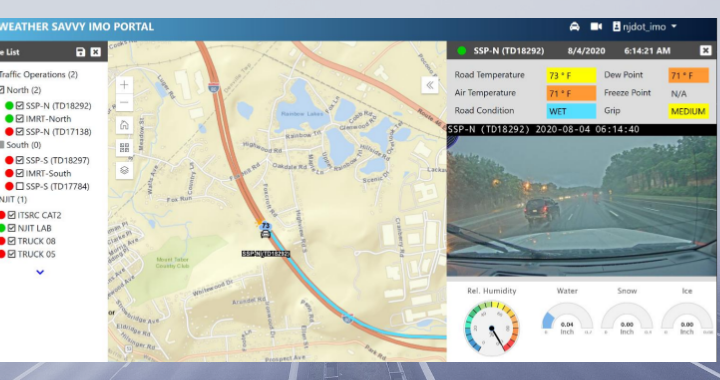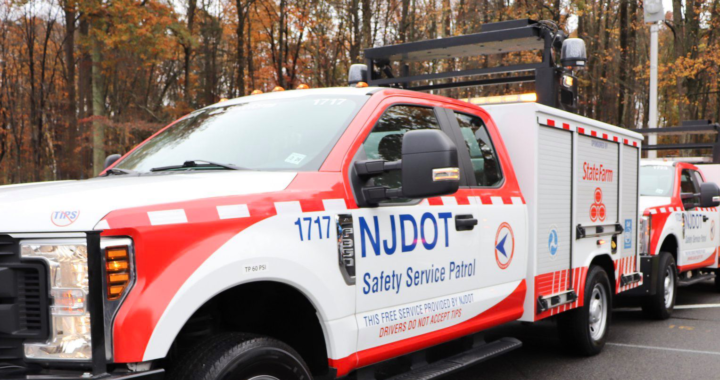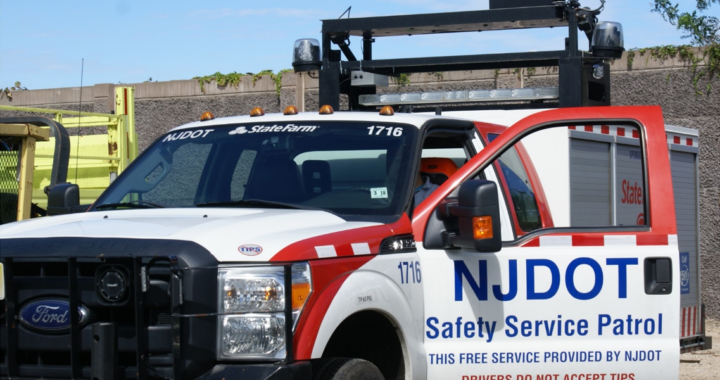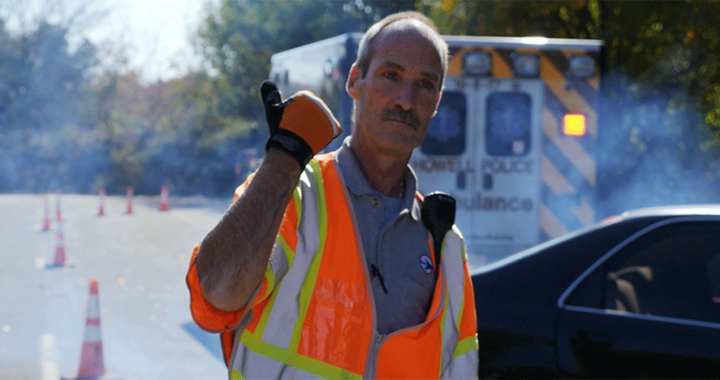What is Next-Generation Traffic Incident Management (NextGen TIM): Technology for Saving Lives?
Next-Generation Traffic Incident Management technologies aim to increase traveler and responder safety, transforming response operations from routine to extraordinary. More than 6 million reportable crashes occur each year in the United States, resulting in 2 million injuries and more than 30,000 fatalities. Additionally, there are over 32 million disabled vehicles and countless incidents of roadway debris. Each of these events places responders and motorists at risk of secondary crashes. A planned and coordinated approach to handling these incidents is the essence of TIM. FHWA’s national TIM responder training program has successfully trained more than 600,000 responders to clear incidents collaboratively, safely, and quickly. In practice, TIM on all types of roadways has been shown to save lives, time, and money.
Technology for More Effective TIM
Today’s technology has the potential to leverage TIM responder training and enable incident responders to become more effective and efficient in their response duties. Clearing roadway incidents more quickly reduces exposure for incident responders and restores traffic for commerce, productivity, and quality of life for roadway users.
Technology such as smart emergency vehicle lighting can better inform roadway users about incidents, helping them avoid those locations or navigate around them more safely. Similarly, digital alerts can help responders at the scene of incidents be more aware and protected from the dangers of working near moving traffic. Use of unmanned aerial systems (UAS) is reducing the amount of time responders spend mapping crash scenes. New debris removal tools will enhance the safe removal of dangerous roadway objects.
BENEFITS
Increased Safety. NextGen TIM feeds a larger TIM role in the Safe Systems approach, and more specifically post-crash care, by creating a safe working environment for vital first responders and preventing secondary crashes through robust TIM practices.
Improved Operations. Integrating new and emerging technology, tools, and training can mitigate incident impacts from detection to roadway clearance.
Better Situational Awareness. Technology delivers timely and critical information to on-scene responders, remote support functions like transportation management centers, and roadway users who are approaching traffic incidents.
Learn more about this EDC-7 Innovation.
NextGen TIM for Saving Lives in New Jersey
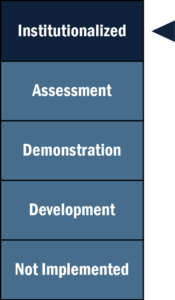 Stage of Innovation:
Stage of Innovation:
INSTITUTIONALIZED
(November 2024)
The NJDOT/NJIT ITS Resource Center has developed a QR code, EDC-7 NextGen TIM survey to collect more feedback from local agencies and emergency responders on their use of TIM innovations. Feedback from the survey will help inform NJDOT about the state of practice and possible steps for advancement of the initiative statewide.
The NJDOT has continued to collaborate with DriveWyze to provide incident notification (i.e. near traffic slowdowns, work zones, bad weather conditions, etc.) to commercial vehicle truck’s in-cab electronic devices for their situational awareness. DriveWyze has implemented and provided “No Trucks in Left Lane” alerts for truck drivers covering DriveWyze-covered roadways.
NJDOT has a state procurement process in place to purchase federally funded LED flairs and light towers for the TIM program to ensure the SSP drivers and TIM personnel are suitably equipped to assist with TIM response and incident clearance.
What’s Next?
UAS for TIM. In coordination with the FHWA HQ – Office of Transportation Performance Management, the NJDOT is currently planning and delivering a UAS training event at the NJDOT Bordentown training facility in the Spring 2025. The training will focus on a national perspective, UAS workflow/areas, data management, group exercises, etc.
NextGen TIM Technology for Saving Lives: NEW AND NOTEWORTHY


